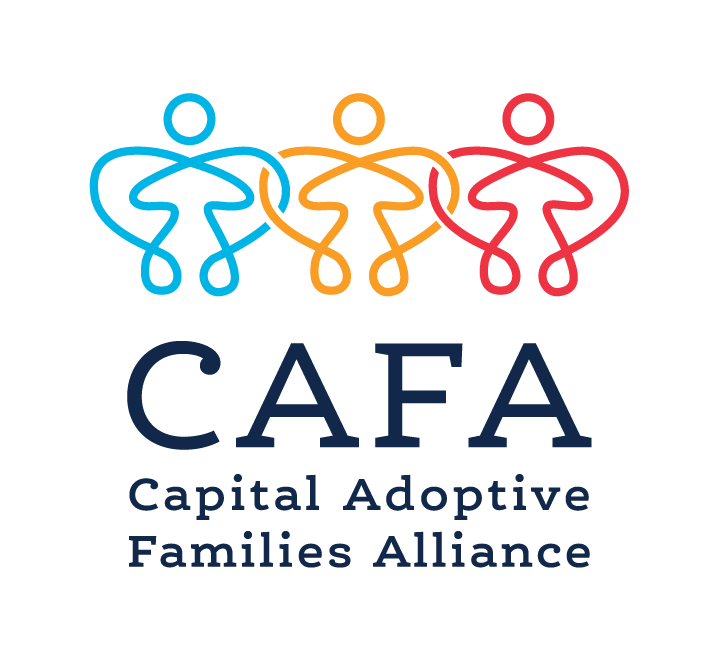
Financial Assistance for Adoptive Children
AAP |
Adoption Assistance Program
The Adoption Assistance Program (AAP) is a federal program of financial assistance for adoptive children that goes into effect after the Adoptive Placement Agreement is signed. All adopted children who were dependents of the court qualify for AAP benefits.
Eligibility for AAP is based on the child’s special needs at the time of adoption. A child who qualifies for AAP benefits is also eligible for health care services through the Medi-Cal program. Medi-Cal can be used for most necessary medical services. When the adopting family has private medical insurance, Medi-Cal can be used as a supplemental plan.
The adoptive child is eligible to receive AAP until the age 18. In some cases, where the child has a mental or physical disability, he or she might receive AAP Program benefits until age 21. AAP will also pay up to eighteen months in a licensed residential treatment facility if the child has a documented need for residential treatment. Contact your local AAP coordinator or contact the California Department of Social Services.
Medi-Cal
All children who qualify for AAP benefits are also eligible for health care services through the Medi-Cal program.
Not all doctors or medical providers accept Medi-Cal, but there are physicians and medical providers in every community that do accept Medi-Cal. Medi-Cal can also be used for out-patient mental health services or in-patient mental health services, if necessary.
Although it is not mandatory, adoptive parents may also choose to enroll the child in a Medi-Cal HMO. If they do so, it is important that adoptive parents choose a plan that can meet their child’s physical and mental health needs. The family can consult with their social worker or PAS social worker as to the advantages and disadvantages of Medical HMO enrollment. If the adoptive family has private medical insurance, the child is enrolled in the family’s insurance and Medi-Cal is billed as the secondary provider.
If the family moves out of state, they are advised to apply for Medicaid in their new community. TheAAP/Foster Care Hotline unit will provide the family with information regarding federal or non-federal eligibility and Interstate Compact on Adoption and Medical Assistance (ICAMA).
Problems or concerns with Medi-Cal can be addressed by calling the Foster Care Hotline at 800.697.4444.
CalVCP | Victim Compensation Program
The Victim Compensation Program (CalVCP) can help victims and family members of victims for crimes such as: domestic violence, child abuse, assault, sexual assault, molestation, homicide, robbery, drunk driving, vehicular manslaughter. In addition to being the victim of a qualifying violent crime, applicants must meet other criteria including: generally, they must report the crime to the police, sheriff, child protective services, or some other law enforcement agency; in most cases, they must apply to CalVCP within a year of the time the crime happened.
Many victims of crime may suffer physical, emotional, or financial harm due to the crime. Others may face retaliation, intimidation, or may be confused by the criminal justice system. Assistance is available from the Victim/Witness program staff. Trained and experienced advocates provide crisis counseling, orientation to the criminal justice system, community referrals, assistance with applying for victim compensation, a support group for family members of homicide victims, and many other services. Assistance and information is available in several different languages. Special assistance is available to victims of elder abuse and dependent adult abuse.
The Victim Compensation Program (CalVCP) can help pay unreimbursed expenses that result when a violent crime occurs. If applying after one year, they can inform CalVCP in writing why the application is late, and an extension of the time limit may be granted for certain reasons. In most cases, if the victim was under 18 when the crime happened, they have until the victim’s 19th birthday to apply. If the specified crime involves sex with a minor, claims may be filed at any time prior to the victim’s 28th birthday; applicants/victims must cooperate with law enforcement during the investigation and prosecution of the crime. Also, a victim cannot have participated in or been involved in committing the crime; applicants/victims must cooperate with CalVCP by providing the information needed to review the application.
For further information please contact:
Victim/Witness Assistance Program
901 G Street
Sacramento, CA 95814
Phone: 916.875.5701
For online information visit:
State of California Victim Compensation and Government Claims Board
Visit: vcgcb.ca.gov
Phone: 800.777.9229
Financial
Adoption Assistance +
The Adoption Assistance Program (AAP) is a federal program of financial assistance for adoptive children that goes into effect after the Adoptive Placement Agreement is signed.
School District +
Contact your district for further information.
Medi-Cal +
All children who qualify for AAP benefits are also eligible for health care services through the Medi-Cal program.
Private Pay +
Private pay is the primary funding source for a large majority of products and service associated with long-term care. Private pay refers to costs that are borne by the individual or his/her family. These services include a wide range of long term care products and services that are not covered by Medicare, Medi-Cal or insurance. Individuals without long term care insurance must pay for these services out-of-pocket.
Victim Witness +
The Victim Compensation Program (CalVCP) can help victims and family members of victims for crimes such as: domestic violence, child abuse, assault, sexual assault, molestation, homicide, robbery, drunk driving, vehicular manslaughter.

